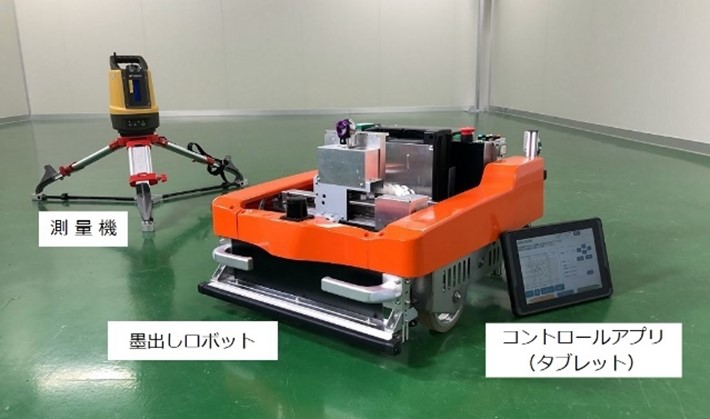2022-10-27 フィンランド・アールト大学
この新素材は、集合住宅の換気ダクトに使われているグラスウールやロックウールに取って代わる可能性がある。新素材は、廃棄物を製品に変換するもので、持続可能なだけでなく、粗いミネラルウールよりも加工がしやすい。
<関連情報>
- https://www.aalto.fi/en/news/biowastes-converted-into-a-sustainable-material-for-sound-absorption
- https://onlinelibrary.wiley.com/doi/10.1002/adsu.202200248
廃棄物系バイオマスの有効利用による持続可能なセルロース系エアロゲルの開発とその吸音特性に関する研究 Waste Biomass Valorisation for the Development of Sustainable Cellulosic Aerogels and their Sound Absorption Properties
Isaac Benito-González,Jose Cucharero,Yazan Al Haj,Tuomas Hänninen,Tapio Lokki,Marta Martínez-Sanz,Amparo López-Rubio,Antonio Martínez-Abad,Jaana Vapaavuori
Advanced Sustainable Systems Published: 30 August 2022
DOI:https://doi.org/10.1002/adsu.202200248

Abstract
Novel and more sustainable sound absorbing materials are produced through the valorization of waste biomass sources by following circular economy principles. Cellulosic nanocrystals (CNC) were extracted from Posidonia oceanica dead leaves, spent barely grains, and kale stems (KS) using a simplified purification protocol. These nanocrystals are used to prepare cellulosic aerogels, evaluating the effect of three parameters, namely, concentration (0.5–4%), CaCl2 and poly(lactic acid) (PLA) incorporation (hybrid aerogels), on their sound absorption properties. Aerogels from 4% suspensions show the highest sound absorption, outperforming benchmark rockwool and polyester—two modern commonly-used sound absorbers. Moreover, PLA coating also improves the sound absorption performance of the most aerogels. CNC from KS aerogels are selected as the optimum at both high (500–6000 Hz) and low (100–1500 Hz) frequency ranges. Overall, these results represent a new proof-of-concept of waste biomass conversion to high-performance cellulosic aerogels that have excellent sound absorbing properties.



